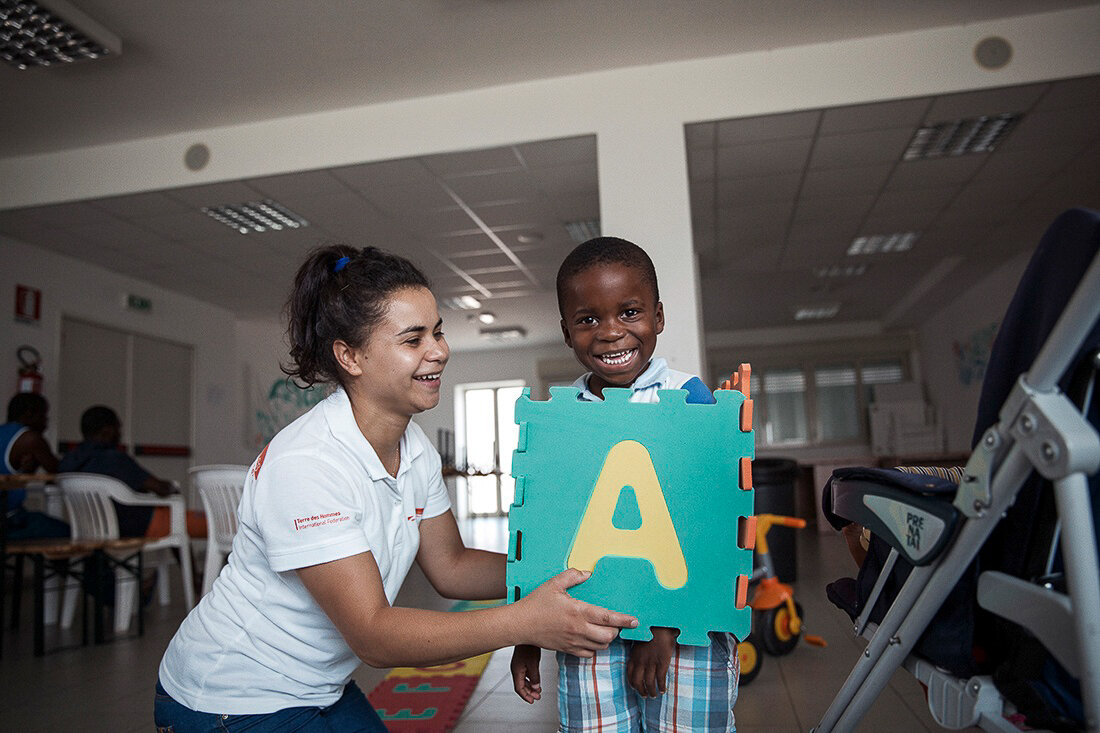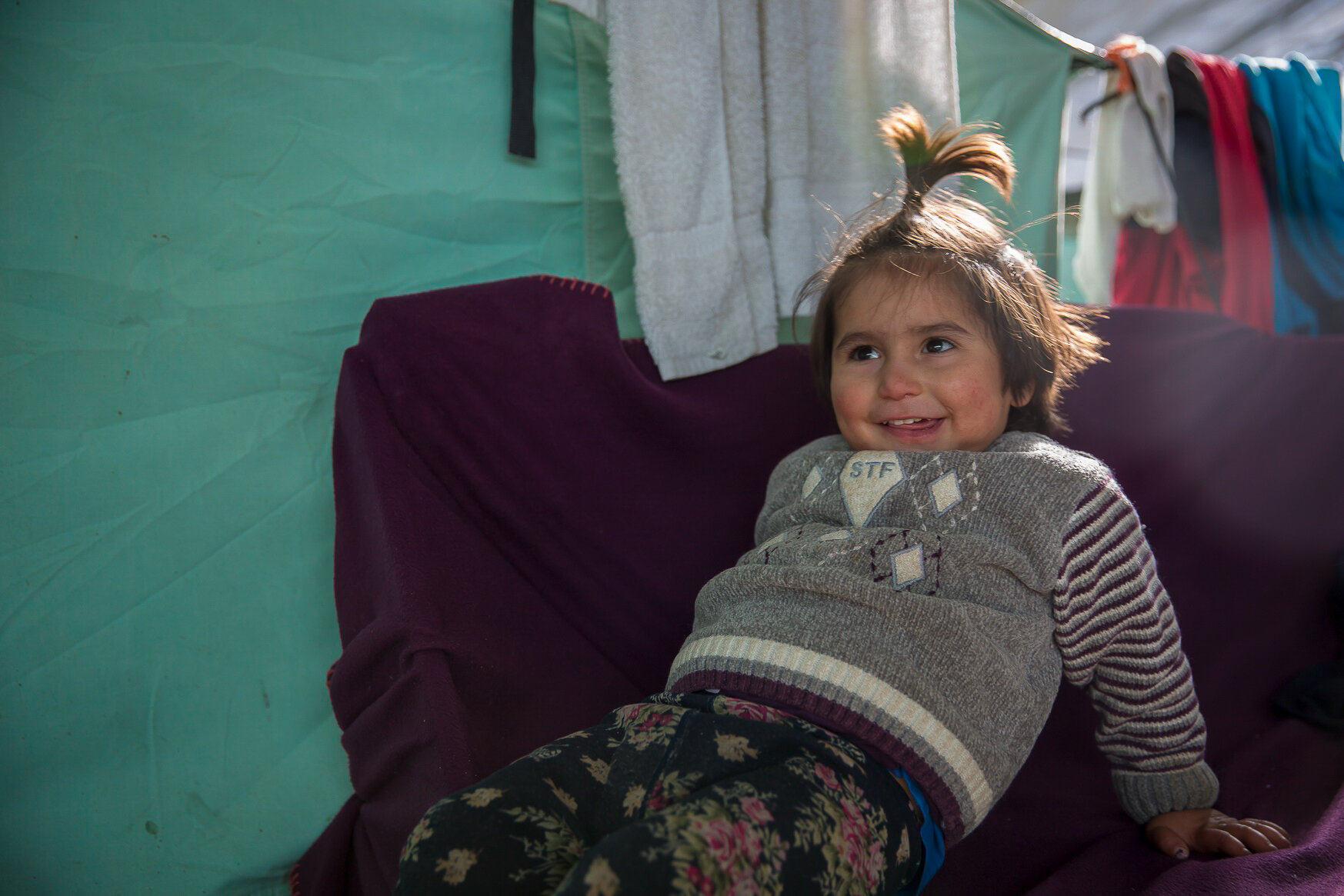
Spotlight on EU
Image: ©Tdh/Andrea Frazzetta
Spotlight on EU Action Impacting Rights of Children in Migration
Many issues concerning how children from countries outside the European Union (EU) are treated in the EU are directly influenced by EU measures.
These include, for example, border management, reception arrangements and access to school and healthcare for children seeking asylum or in return procedures.
EU law and policy also builds cross border cooperation where children are of concern to more than one country within the EU (e.g. due to family separation, trafficking, Dublin provisions). EU external policy – such as the EU Turkey deal or support for border control measures in Libya – can also affect migrant children’s lives significantly. So, it is vital to advocate for the policies and laws at EU level that properly fulfil migrant children’s rights.
The goal of the ICM Spotlight on the EU is to help you in keeping updated about developments on EU policies, identifying what EU measures are relevant and what resources are available to support your advocacy related to EU action in key thematic areas. Since EU measures can shape national action, the ICM Spotlight on the EU can also help you in advocacy at a national level to improve protection of children in migration.
The ICM Spotlight aims to also be relevant for actors in countries outside of the EU, where issues are directly affected by EU policy and action, related to migration.
How Does The EU Impact The Rights Of Children In Migration?
Children in migration are affected directly by many EU policies and different types of EU actions.
Relevant policy areas include migration and home affairs (migration, international protection and trafficking), justice (fundamental rights, victims’ rights, sexual abuse), health, education, youth, foreign affairs, development, cooperation and humanitarian assistance.
EU actions can include law, policy, data and research, guidance, funding, exchange of national experience, and operational support through EU agencies such as EASO and Frontex and enforcement of EU law.
In some areas, including some areas of migration and asylum policy, EU action may have direct effect, for example, through mandatory standards. In other fields, such as social inclusion and social protection, the EU usually focuses on exchange of national experience and good practices to foster consensus and convergence in national policies. In many areas, how EU funds are used can have a significant impact.
Different EU bodies are involved, including the European Commission, the External Action Service, the European Council, the Council of Ministers, the European Parliament, the European Court of Justice, as well as EU agencies (e.g. the European Asylum Support Office, the European Border and Coast Guard, Europol, the Fundamental Rights Agency).






